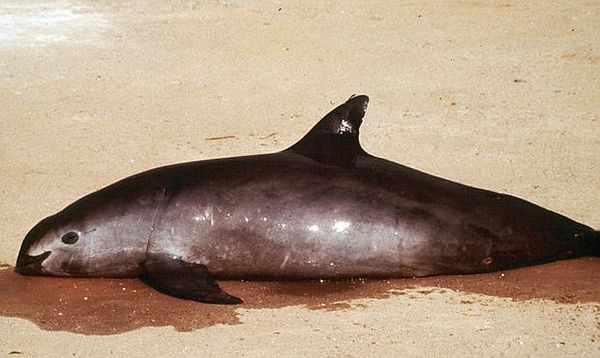Mexico City - Mexican authorities are banning night fishing and gill nets in an area inhabited by the endangered vaquita marina porpoise in the upper Gulf of California.
The national fisheries commission said fishermen in the protected area of the gulf, which is also known as the Sea of Cortez, will also have to leave and return from specially designated docks, to help enforce the measures. It said that gillnets, the use of which was already suspended in the area, are now prohibited permanently.
The vaquita is the world's smallest porpoise, and only around 60 remain in the Gulf, the only place in the world they live.
The vaquitas are threatened primarily by gillnet fishing for the totoaba fish, another endangered species in the area that is hunted for its swim bladder, which is considered a delicacy in China.
Environmentalists praised the new measures Wednesday.
Omar Vidal, head of the Mexico office of the World Wildlife Fund, said the new rules are "very welcome," but added: "It is important that they explain in detail how the announced enforcement measures will work, and how these measures will stop the illegal fishing of totoaba, which is the main cause this porpoise is on the brink of extinction."
Small boats frequently hide nets used to fish for totoaba or use them at night. Enforcing fishing rules is difficult, though Mexico has tried using ships and drones to patrol the area.
Vidal has called for banning gillnets in the entire upper Gulf of California, not just the protected area, in case vaquitas stray outside their refuge to areas they once inhabited.
"The Mexican, U.S. and Chinese governments need to take urgent and co-ordinated action to stop the illegal fishing, trafficking and consumption of totoaba products," Vidal said. "In the end, if the vaquita goes extinct it would inevitably be a shared responsibility of the three countries."
Source: CTV News


